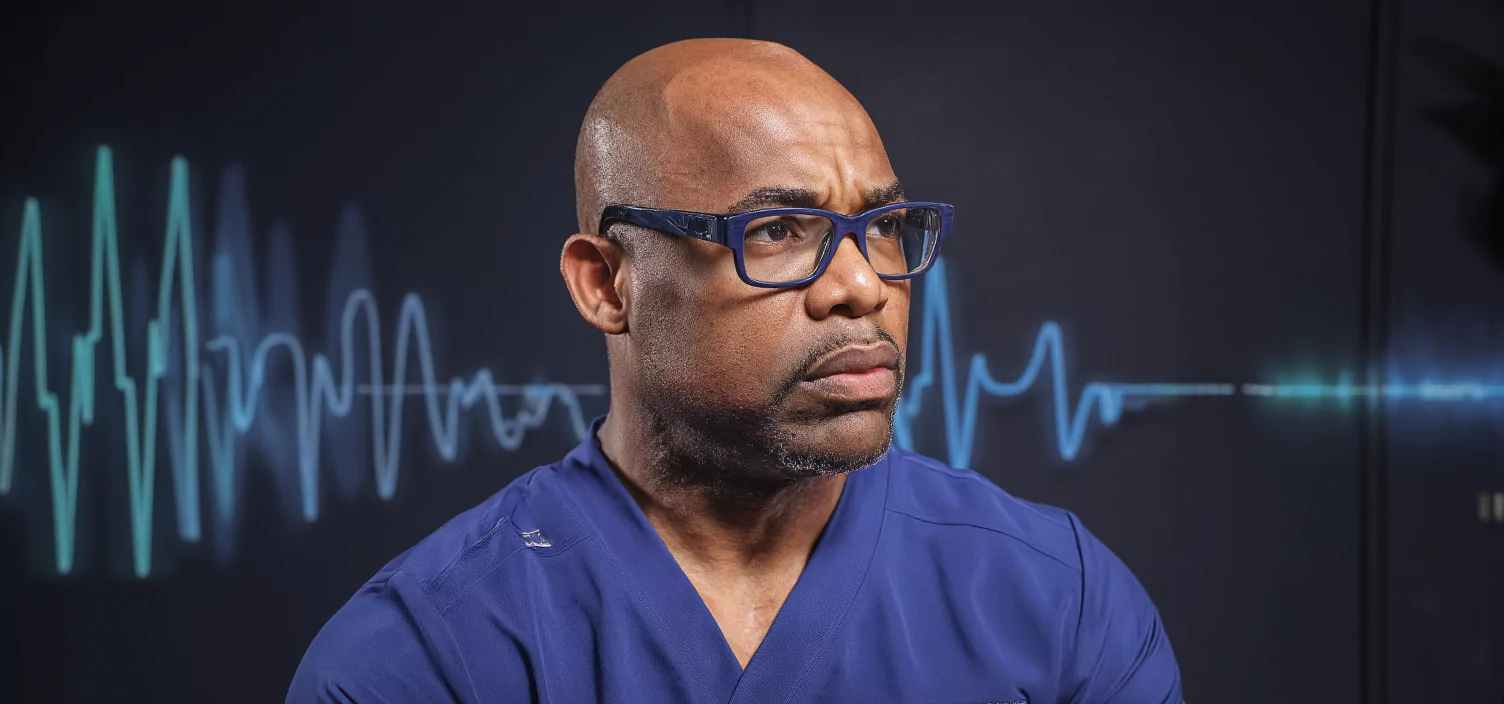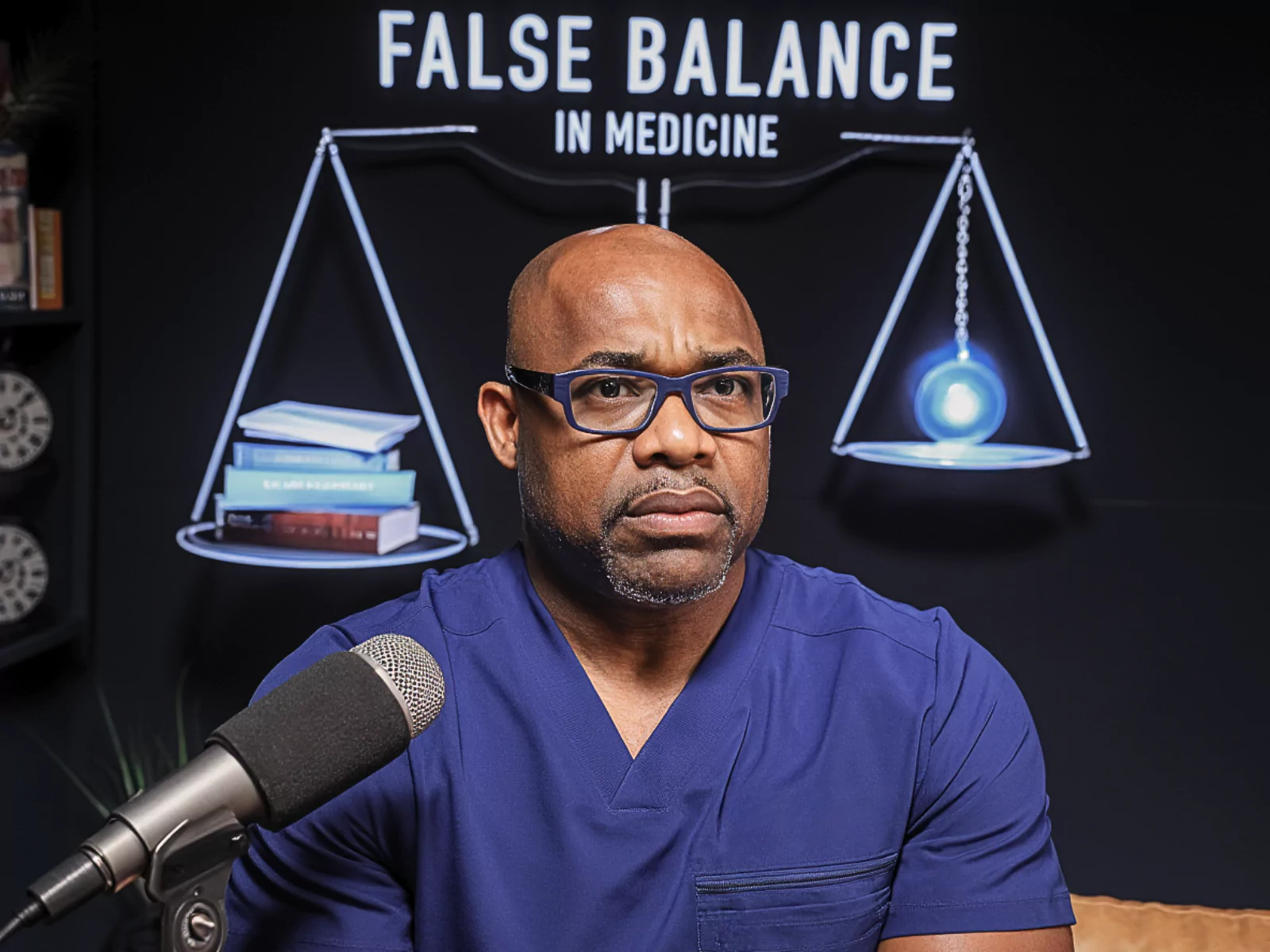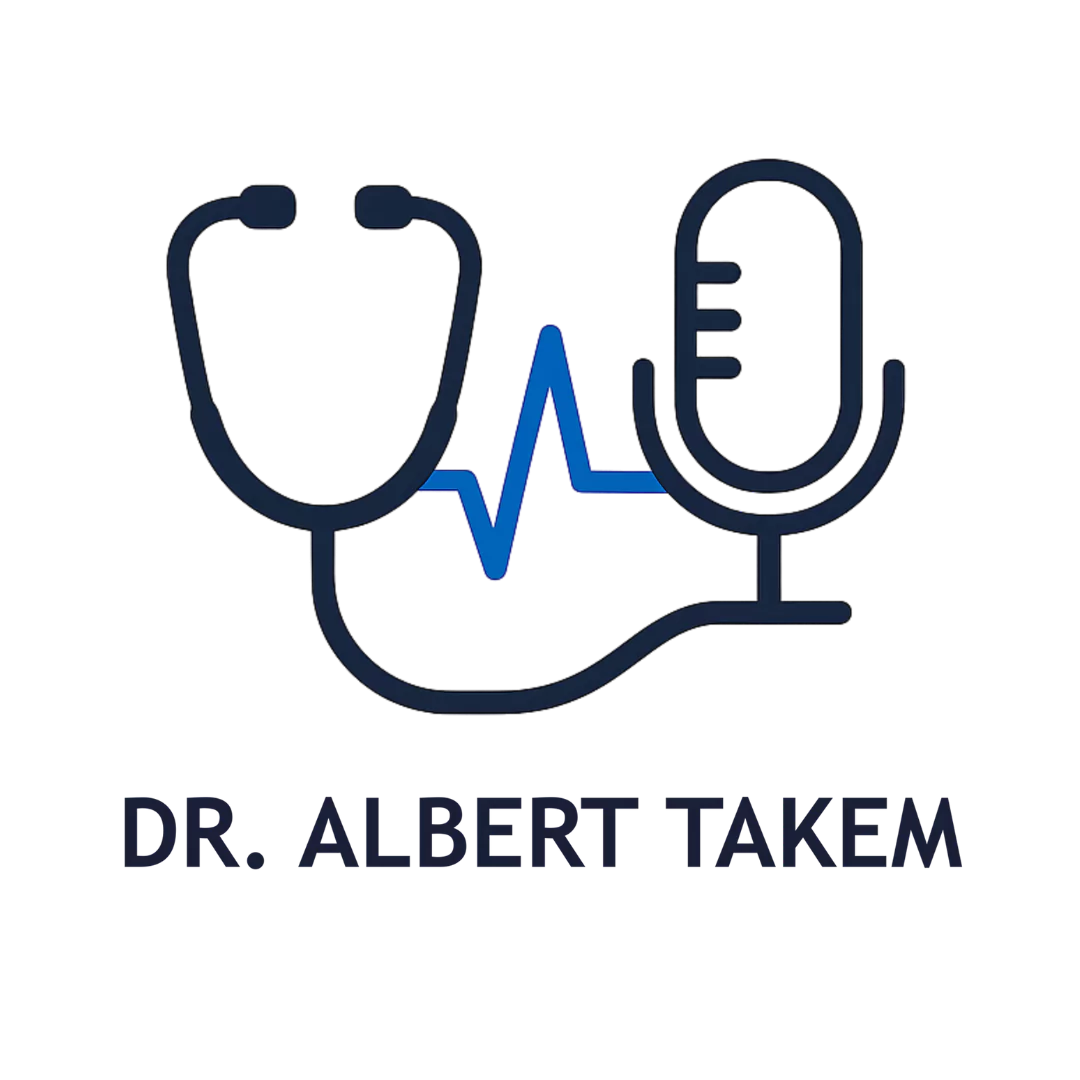Listeners:
Top listeners:
-
play_arrow
Why Most Health Outcomes Happen Outside The Clinic
-
play_arrow
GLP-1 anatomy explained
-
play_arrow
The ER Trap
-
play_arrow
Camila's Story
-
play_arrow
2 AM Lab Resolve Dilemma
-
 play_arrow
play_arrow
Before You Start Ozempic — Watch This

- arrow_back Home
- keyboard_arrow_right Dr Albert Takem
False Balance in Medicine: Dr. Albert Takem Responds to Dr. Mike’s Podcast
Dr Albert TakemVideo Stories MonamiTeam November 1, 2022

False Balance in Medicine: Dr. Albert Takem Responds to Dr. Mike’s Podcast
Introduction
Medical podcasts and YouTube shows have become a major source of public health information. Among the most popular voices is Dr. Mike Varshavski, widely known as “Dr. Mike,” a family medicine physician with millions of subscribers. His mix of accessible medical explanations and engaging style has made him one of the internet’s most trusted doctors.
But as Dr. Albert Takem points out in a recent episode of his own show, trust also comes with responsibility. When pseudo-science receives the same platform as evidence-based medicine, audiences can be left confused—and in some cases, misled into making dangerous choices for their health.
The Episode in Question
The critique centers on an episode of Dr. Mike’s podcast where he hosted Dr. Andrea Love, an immunologist and microbiologist, and Dr. Aly Cohen, a rheumatologist turned functional medicine advocate.
- Dr. Love represented mainstream science, grounding her arguments in immunology, toxicology, and peer-reviewed research.
- Dr. Cohen, however, leaned on functional medicine talking points—detox diets, endocrine disruption fears, and blanket warnings about synthetic chemicals.
Instead of guiding the discussion firmly toward evidence, Dr. Mike at times allowed both perspectives to stand side by side, framing it as “balance.”
The Problem With False Balance
In journalism and medicine alike, balance does not always mean truth. When a climate scientist debates a climate change denier, or a virologist debates an anti-vaccine activist, putting them on equal footing can distort reality.
Dr. Takem stresses that “false balance isn’t neutrality. It’s complicity.” Viewers without scientific training may leave believing both perspectives are equally valid—even when one is firmly rejected by the scientific community.
This concern is echoed widely in research: studies have shown that presenting fringe theories alongside consensus science reduces trust in evidence-based medicine and increases susceptibility to misinformation (Lewandowsky et al., 2017, Psychological Science).
Real-World Consequences of Misinformation
Dr. Takem illustrates the human cost. He recalls a patient who became terrified of tap water and bottled water after exposure to detox rhetoric. She would only drink expensive “alkaline water,” convinced that everything else was poisonous.
This is not an isolated case. The World Health Organization has repeatedly warned that infodemics—the flood of misleading or false information—lead to people delaying or refusing effective care. During COVID-19, misinformation directly contributed to vaccine hesitancy and excess mortality (Lancet, 2022).
Dr. Andrea Love: The Voice of Science
Throughout the controversial episode, Dr. Andrea Love consistently pushed back against pseudoscientific claims:
- Immune system mechanics: She broke down how immunity works across organ systems, countering vague claims about “immune disruption.”
- Pesticide regulation: She explained how synthetic vs. organic is a false dichotomy, with both subject to rigorous safety thresholds.
- Endocrine disruptors: She clarified that chemicals like BPA and parabens show negligible hormonal effects at environmental levels, according to FDA data.
- Detox myths: She dismantled the idea that sweating or “detox protocols” meaningfully clear toxins—an enduring myth refuted by toxicologists (NCCIH).
Her role on the episode underscored how vital it is for evidence-based experts to be heard without interruption or false equivalence.
Dr. Mike’s Dilemma: Influence vs. Integrity
Dr. Mike has earned a reputation as a science communicator, from debunking anti-vaccine myths to explaining cancer treatments. But as Dr. Takem points out, the pressure of running a high-profile podcast—long runtimes, big audiences, algorithmic incentives—can nudge creators toward giving “all sides” equal airtime, even when one side is unsupported by science.
This is what Dr. Takem calls the “Steven Bartlett effect”—a reference to how some podcast hosts lean into controversy for attention, even at the expense of clarity. The result, he warns, is that moderation without evidence becomes abdication of responsibility.
The Broader Fight Against Medical Pseudoscience
The clash on Dr. Mike’s podcast is not an isolated event. It reflects a larger trend: the rise of credentialed professionals promoting unproven or disproven ideas. Functional medicine, detox diets, and endocrine disruption fears are often packaged with just enough scientific jargon to sound legitimate—but fall apart under controlled testing.
For example:
- Detox cleanses have no scientific support for removing toxins beyond what the liver and kidneys already do (Mayo Clinic).
- Endocrine disruptor panic often exaggerates risks, ignoring the principle that “the dose makes the poison.” As toxicologists note, exposure at trace levels is not equivalent to clinical harm (Endocrine Society).
- Functional lab testing and “detox protocols” lack randomized controlled trial evidence, making them at best unproven and at worst exploitative (NIH).
Dr. Takem’s Call to Action
The message is clear: platforms matter. When millions watch or listen to medical podcasts, the words of doctors carry weight. Giving space to pseudoscience does more than confuse—it actively endangers patients.
Dr. Takem challenges Dr. Mike, and all medical influencers, to raise the bar. Evidence must remain the anchor. Moderation must mean clarifying science, not neutralizing truth.
As he concludes:
“Misinformation doesn’t just confuse people. It makes them sick. And it kills them.”
Conclusion
The controversy surrounding Dr. Mike’s podcast episode is more than an internet debate—it’s a warning for the future of medical communication. False balance may look fair on the surface, but it undermines the very foundation of evidence-based medicine.
As viewers and patients, the call is also ours: demand accuracy, share credible sources, and stay vigilant against easy answers wrapped in scientific jargon.
For more evidence-based medical content, you can follow:
References & Further Reading
- CDC – Fighting Misinformation
- FDA – BPA Safety Assessment
- Mayo Clinic – Detox Diets
- Endocrine Society – Endocrine Disruptors
- NIH – Pseudoscience in Functional Medicine
- WHO – Infodemic Management
- Lancet – Misinformation and COVID Mortality
Search
Latest tags
Blog News
Premium Podcasts
We tackle the health topics no one else wants to touch
—From obesity and high blood pressure
—To emotional eating and medication resistance
—To cultural myths that keep people sick
My mission is to deliver evidence-based truth—no sugarcoating, culture-aware, and guided by medicine.
Popular Links
© Dr Albert Takem

